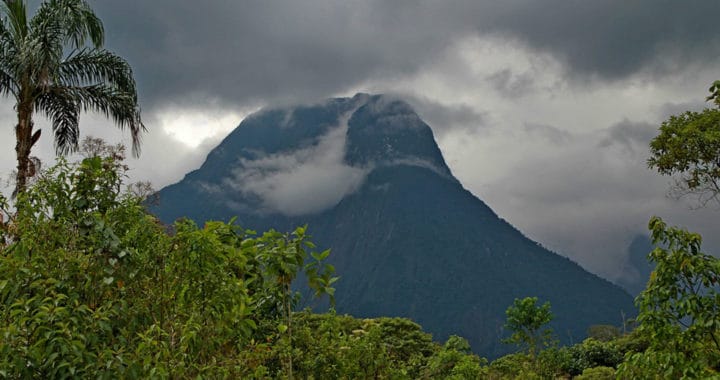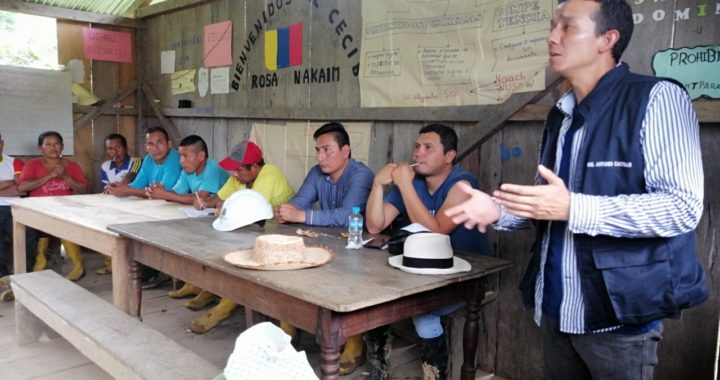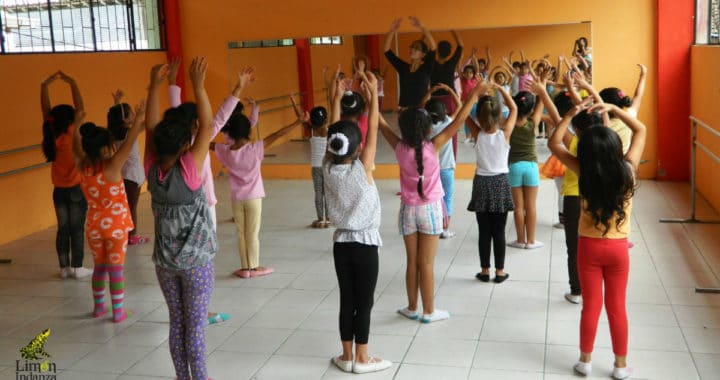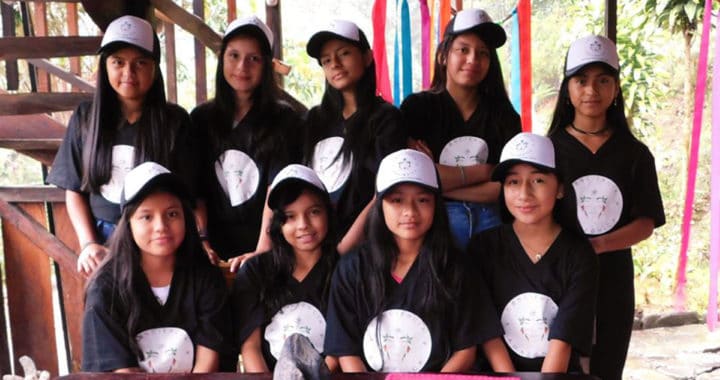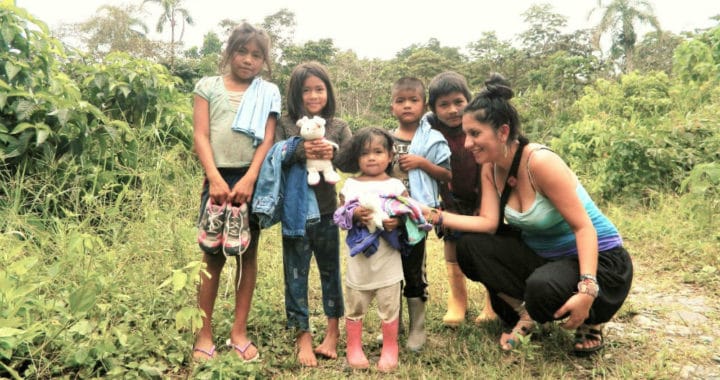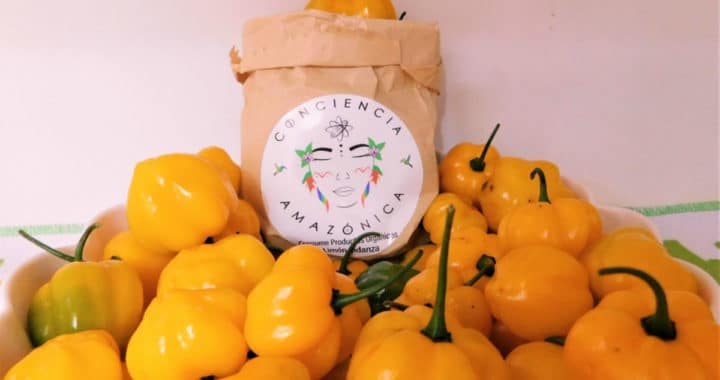PROJECTS
Conciencia Amazónica was inaugurated in late February 2020, with the mission of working with local institutions to promote scientific education and artistic development across the Ecuadorian Amazon region. When the COVID-19 pandemic arrived in Ecuador, while still in its infancy, we began compiling relative information regarding the science of the pandemic, validating and translating videos, documents, etc. to present in our webpage for all to utilize. Communications with local radio programs to educate the local people about the pandemic, and proactive actions to prevent the spread of the virus to vulnerable communities, as well as providing recommendations, procedures, and strategies to local leaders. We promoted family gardens and returning to the land to produce basic needs with Urban Gardens, with several families continuing these activities to this day.
We have since focused our resources to continue with our main goals, environmental education and conservation projects in Limon Indanza and San Juan Bosco counties, Morona Santiago. We have formed strategic collaborations with local governments, key educators, private businesses, and the Foundation Condor Andino, to protect the habitat of the endangered species, Andean Eagle, Spizaetus isidori.
We organized the first ever Global Big Day in the county of San Juan Bosco, registering the highest number of species in the province. We are working directly with farm owners to promote ecotourism as an alternative income generating activity, and educating the local youth on the incredible biodiversity in our Amazonia
With your support, we will contiue these key projects, and hope to expand our reach to more counties soon.
Conciencia Amazónica was inaugurated in late February 2020, with the mission of working with local institutions to promote scientific education and artistic development across the Ecuadorian Amazon region. When the COVID-19 pandemic arrived in Ecuador, while still in its infancy, we began compiling relative information regarding the science of the pandemic, validating and translating videos, documents, etc. to present in our webpage for all to utilize. Communications with local radio programs to educate the local people about the pandemic, and proactive actions to prevent the spread of the virus to vulnerable communities, as well as providing recommendations, procedures, and strategies to local leaders.
We are continually working on this, now amplifying the project to support local hospitals with key techniques, strategies, and innovation in these hard times. As we know, hospitals across the world were not prepared for this pandemic. Imagine the situation in these isolated areas prior to the pandemic, where there were no ventilators to begin with, where doctors and nurses have specified quantities of PPE for each for monthly use, and now with the road closures implemented across Ecuador by the national government the supply chain has been shut down. In addition, the national government has handed down responsibility to municipal governments to reopen the local economies, without fully addressing the health crisis necessities.
Conciencia Amazónica continues to assist local authorities with not only short-term relief projects, but in coordinating efforts by breaking the boundaries between the ministries of health and education and local governments to take full advantage of public institutions and personnel to address the pending crisis. The need to construct ventilators is an urgent priority, as is the need to adequate hospitals, health clinics and staff for potentially infected patients using appropriate international biosafety protocols. Scarce resource management prior to the pending wave of the pandemic is also an important strategy, as well as preparation for the hopeful use of convalescent plasma therapy, which can be implemented prior to vaccine development and approval by international health administrations.
Current models suggest these vaccines and medicines will not be available for at least a year in the developed world, ,and will not likely arrive in developing countries for maybe 2 years. While we have no illusions about saving the world, we certainly believe by applying science and knowledge efficiently and effectively, we can take a proactive approach that will result in saving lives.
